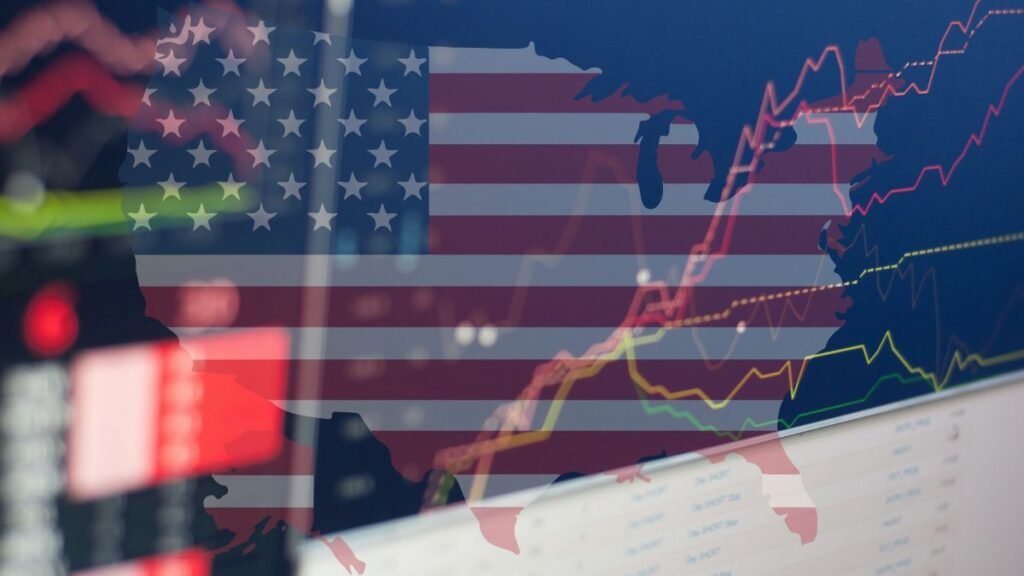JPMorgan has warned that the US economy might be heading towards stagflation, and if this happens, investors might prefer stocks over bonds. According to them, the stagflationary period the US could enter is similar to the 1970s.
What is Stagflation?
Stagflation is when the company has slow or no growth and high inflation, along with many people without jobs. In June 2022, the World Bank said there was a higher risk of stagflation because the global economy is slowing down a lot while inflation is rising steeply to levels not seen in many years.
In the 1970s, the US experienced stagflation when inflation was already going up, which was made worse by the OPEC (Organization of Petroleum Exporting Countries). The organization stopped selling oil, which caused oil prices to go up three to four times quickly.
Before that, the Federal Reserve had been making lots of revenue to help boost the growth of the economy however, during the 1970s, the economy slowed down a lot. The US witnessed two recessions, one in 1970 and another that started in 1980.
According to Eric Bond, a wealth advisor, the 1970s were special because they had everything needed for “true stagflation.” The prices increased, the economy slowed down, and many people lost jobs. Since then, there has not been another time when all three of these things happened together for a long time.
Future of the Economy
JPMorgan has said that from 1967 to 1980, the stocks did not grow much, and bonds showed a better performance since they had an average return of over 7%. Additionally, they mentioned that a rise in returns from other options like private credit could help improve how well a long-term investment portfolio does.
Recent economic reports have been hotter than expected, which has raised concerns about stagflation. This differs from earlier hopeful forecasts that expected low inflation and strong growth. JPMorgan also mentioned that geopolitical tensions are another possible reason for stagflation. They said the conflicts in the 1970s led to energy problems, shipping issues, and a lot of government spending. Today, similar tensions like the conflict between Israel and Hamas, Russia’s actions in Ukraine, and US-China tensions could have similar effects.
JPMorgan said that if there is a lot of uncertainty in politics and the world, along with high interest rates, less money might be available to invest. They added that public markets like the stock market could have more ups and downs because of this uncertainty. On the other hand, private markets, like investments not traded on public exchanges, might be better because they do not have to deal with public markets’ daily ups and downs.
Jamie Dimon, JPMorgan Chase CEO, recently said that 2024 might be like the 1970s. He mentioned that big government spending, changes in how the US trades with other countries, and large budget deficits can all cause inflation.
Read Also:
US Mortgage Demand Falls as Interest Rates Again Surpass 7%
Canada Inflation Data Exceeds Expectations, Economists React
Global Central Banks Synchronization Era is Coming to an End

